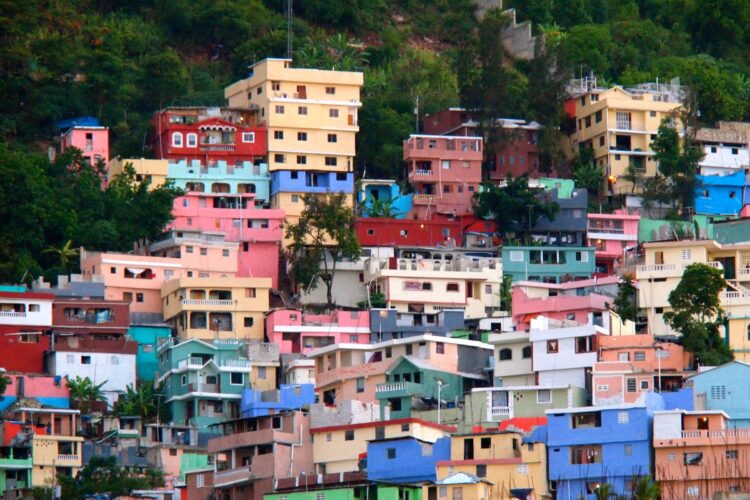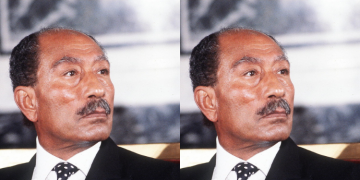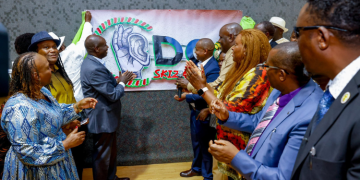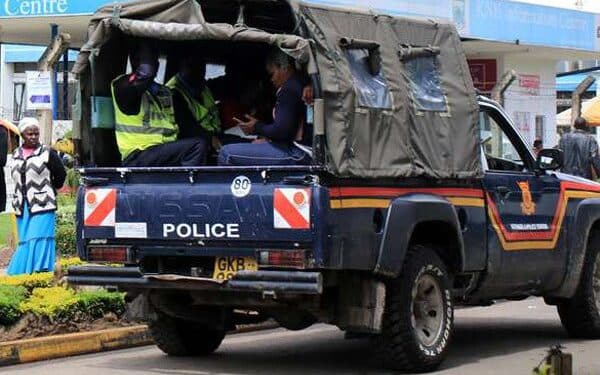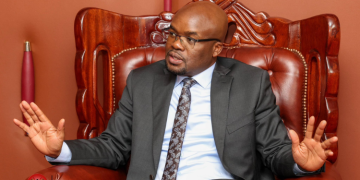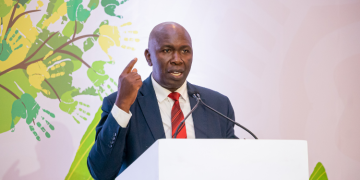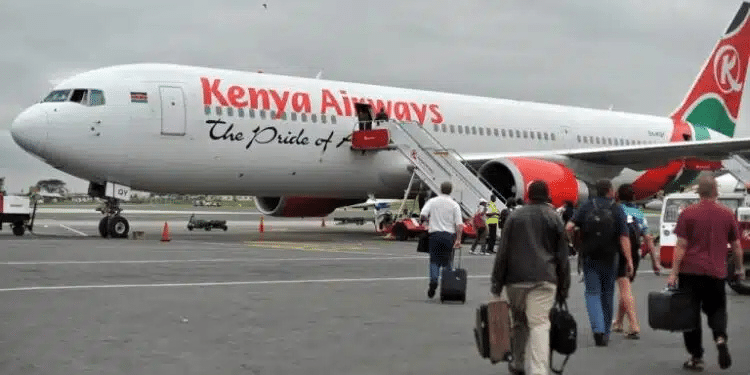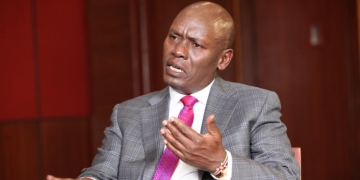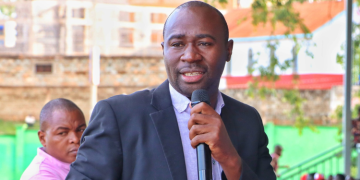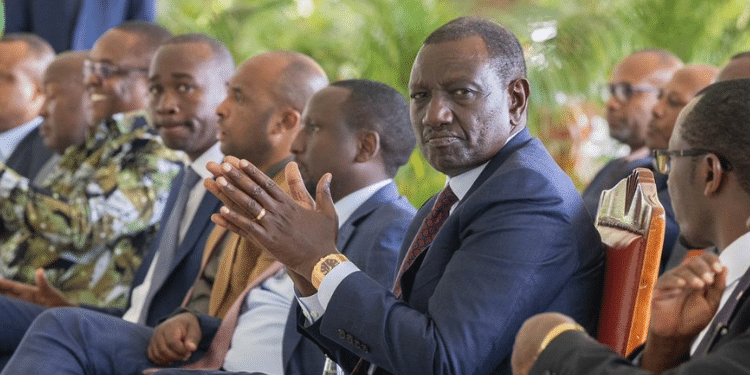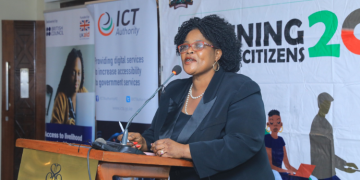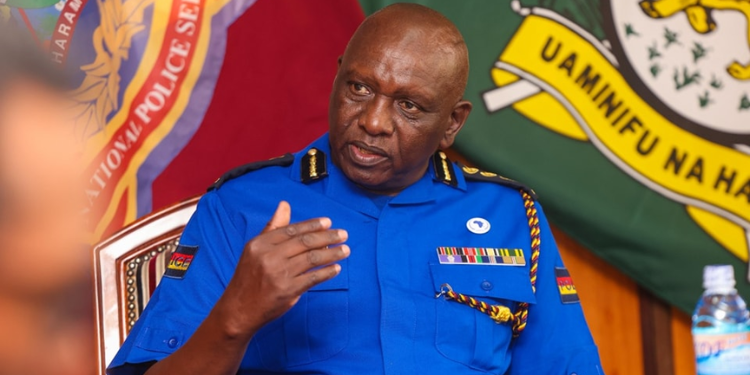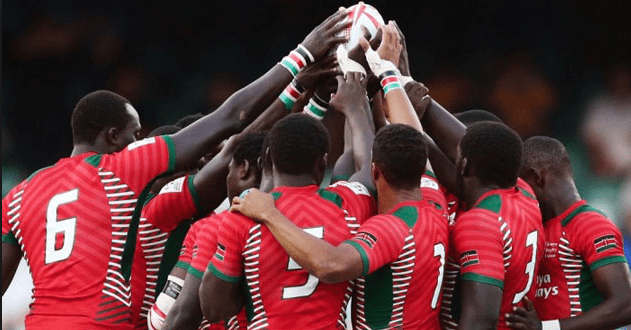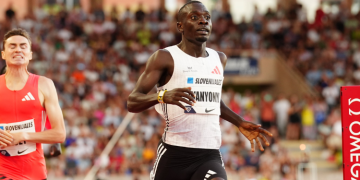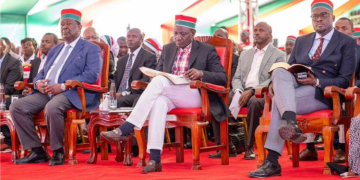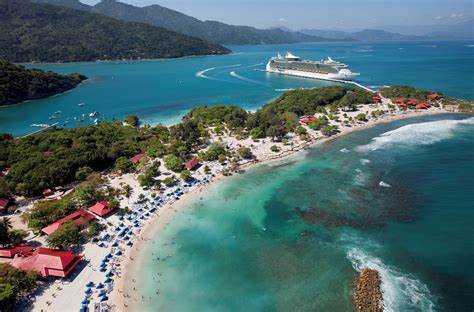The government of Kenya through the Ministry of Defense signed an agreement with the United States on Monday September 25, in support of Kenya’s efforts to take lead in a security mission to Haiti.
Defense Secretary Lloyd Austin and Kenya’s Defence Cabinet Secretary Aden Duale inked the five-year agreement.
Haiti, often associated with hardship and adversity, is a Caribbean nation that boasts a rich cultural heritage and a history of resilience.
Moreover, Kenya is set to deploy a specialized team to assess the situation in the country and formulate actionable strategies that will lead to long term solutions for the unstable security conditions in Haiti.
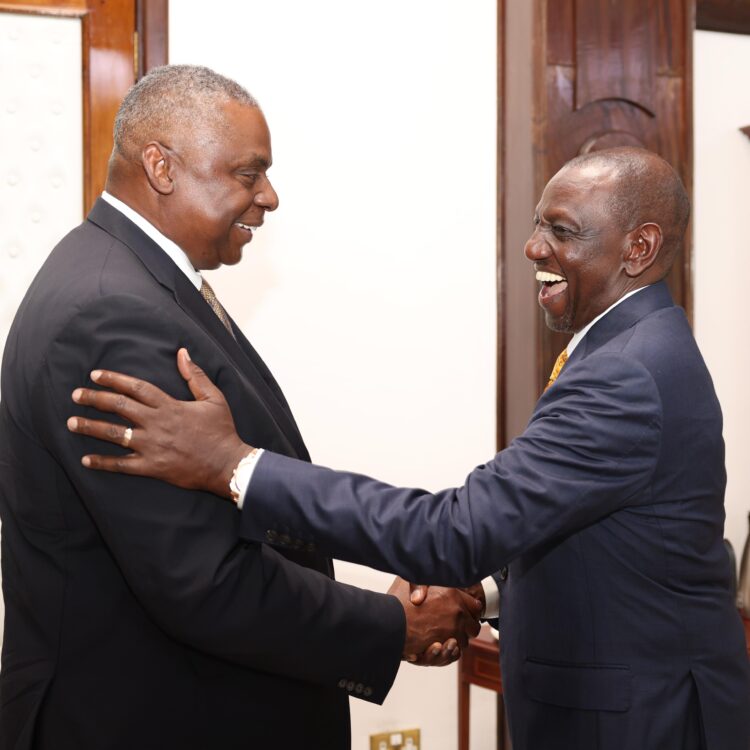
Here are some of the facts about the Carribean Country, which has been a topic of interest following the signing of the deal.
The Geography and History of Haiti
The Carribean nation spans 27,750 square kilometers and shares the island of Hispaniola with the Dominican Republic, occupying about three-eighths of the island.
Also Read: Boost for Ruto as U.S Pledges Ksh14 Billion for Haiti Operation
Christopher Columbus arrived in 1492, finding the native Taino tribe already inhabiting the land, calling it Ayiti, “land of the mountains.”
The warm welcome given to Columbus by the Taino people contrasts with the later devastating impact of colonialism.
In 1804, the country declared independence from France, becoming the second oldest nation in the Western Hemisphere to do so.
Challenges
Haiti ranks as the Western Hemisphere’s poorest country, with 80% living below the poverty line.
Moreover, the country has the highest percentage of orphans in the Western Hemisphere, largely due to issues like AIDS and violence.
Once known as the “Pearl of the Antilles,” Haiti’s wealth from slavery and exploitation led to its decline, compounded by deforestation.
Cultural and Historical Significance
Haiti’s first ruler, Jean-Jacques Dessalines, designed the country’s flag inspired by the French flag symbolizing independence and native heritage.
Over 95% of the population descends from African slaves, while the remaining 5% are of mixed descent.
Haitians invoke gods for lottery numbers, a unique blend of traditional beliefs with modern hopes. Cockfighting is popular, with roosters trained for battle and high stakes betting.
Pic la Selle, or Morne La Selle, stands as Haiti’s highest peak at 2,680 meters. The island of Tortuga, once a pirate stronghold, now attracts tourists with its scenic beauty.
Political Struggles
The country has faced political turmoil with numerous dictators and coups. Elected President Jean-Bertrand Aristide was ousted twice, highlighting political instability.
President Jovenel Moise on the other hand, was assassinated on July 7, 2021, at his residence in Port-au-Prince by a group of mercenaries.
The political tension in the country has worsened since then.
Socioeconomic Challenges
Most families in the country are believed to spend up to 80% of their income on food, leaving little for other necessities.
Access to healthcare is limited, with a shortage of hospital beds and medical professionals resulting to low life expectancy, and malnutrition affecting a significant portion of the population.
Natural Disasters
The 2010 earthquake was one of the most devastating disasters in Haiti’s history, displacing over 1.5 million people.
Moreover, hurricanes, floods, and droughts have also ravaged the country.
Education and Social Issues
Education in the islandic country is costly, with 80% of schools being private and unaffordable for many families.
Women’s rights remain a challenge, with discrimination and lack of punishment for abuse.
Also, birth control is discouraged due to religious beliefs, contributing to unexpected pregnancies.
Unique Traditions
Voodou, a mystical practice, plays a significant role in Haitian culture alongside Catholicism and Protestantism.
Haitians celebrate Christmas by whitewashing trees and houses, adding a distinctive touch to the holiday.
The country has two official languages, the Haitian Creole and French.
Haiti’s cuisine, known for its bold flavors, blends African and Middle Eastern influences.
Also Read: Biden Gives Ruto Special Mention in Global Meeting
Labadee, a private resort leased to Royal Caribbean, attracts millions of tourists via cruise ships.
Haiti’s complex tapestry of history, culture, and challenges offers a compelling narrative of a nation striving for a better future despite its struggles.
